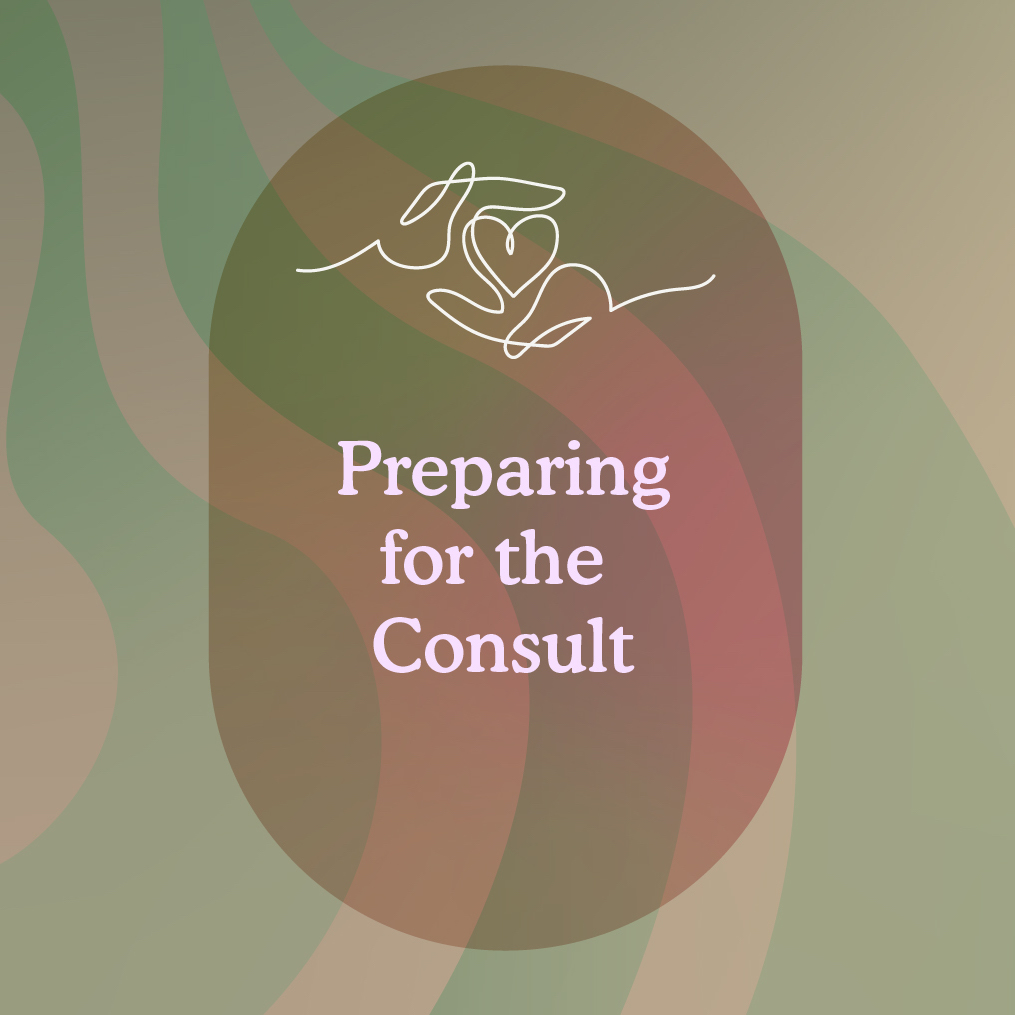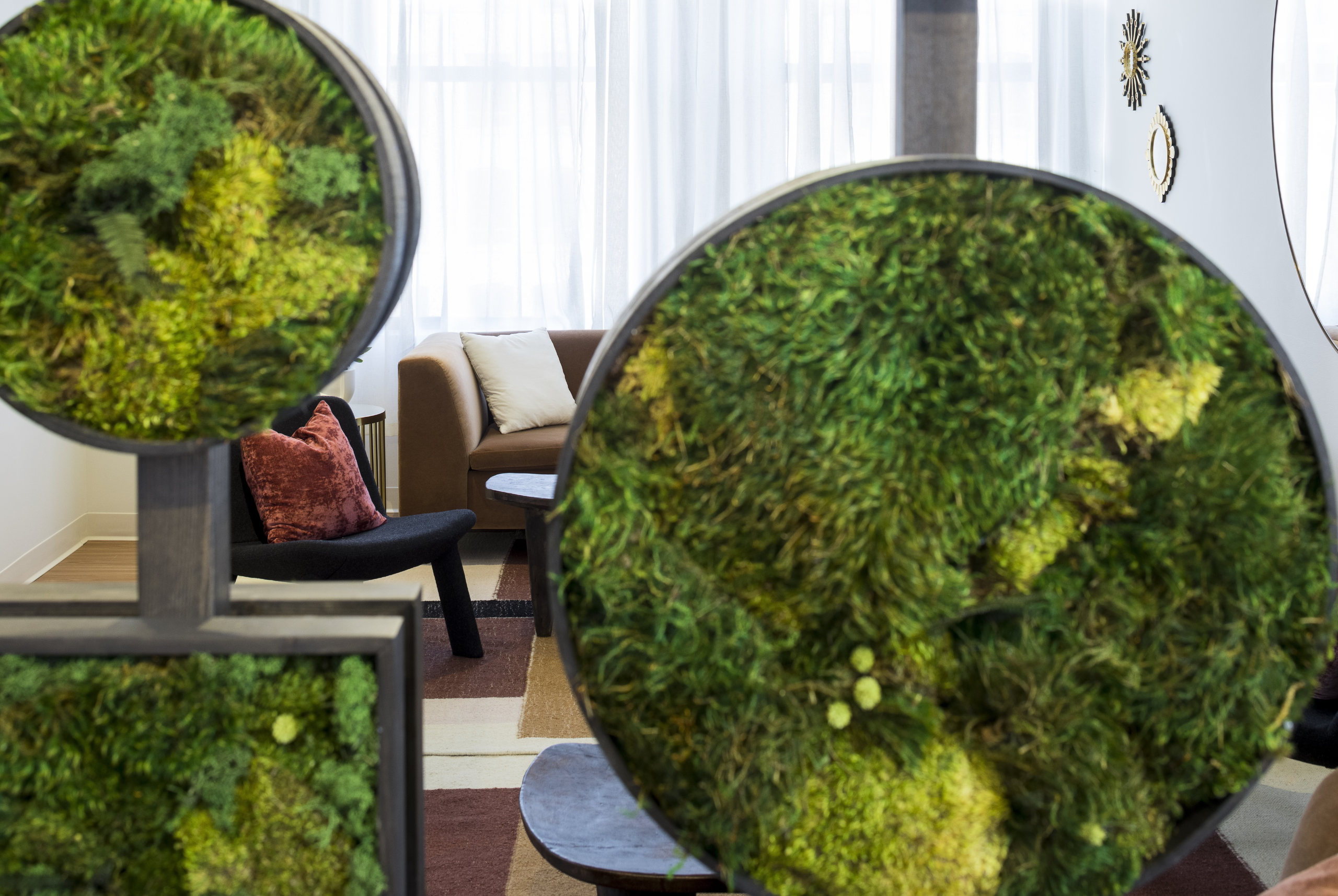
Taking the first steps with Field Trip: Consultation and Preparation
Preparation is an integral and ongoing part of the Ketamine-Assisted Psychotherapy Journey. After your initial medical consultation with a nurse practitioner, you will meet your psychotherapist that will be with you throughout your journey at Field Trip. The therapist preparation session(s) will lay the foundation upon which the rest of your treatment will build.
The goal of the visit
At the heart of each Field Trip healing journey is a personalized approach to mental health. The preparation session is an opportunity for your psychotherapist to get to know you, your background, and your mental health history, developing an understanding of your unique lived experience and needs. This is also a time to get to know your psychotherapist. Mutual consent in relationships is required for safety and success as you move into your treatment, and this session is an opportunity to make sure that you and your psychotherapist are a good fit.
During the preparation session, your psychotherapist will help you distill your intentions for the ketamine journeys and set goals and expectations. Throughout this process, the goal is to continue building trust and connection in your therapeutic relationship.

Consider your expectations
Setting expectations is an integral part of the psychedelic-assisted therapy process. According to licensed mental health counselor Emma Knighton, Field Trip’s Psychotherapist Care Coordinator, clients often come into the process believing, incorrectly, that ketamine is like a “magic bullet” that will fix all their problems.
The reality with psychedelic therapy is that “it opens a door for us to walk through, but we have got to do all the work,” she explains. “It gives us perspective enough from our depression or trauma or anxiety, whatever it is, to look at it differently and actually see it. But then what we do with that information is totally up to us.”
In order to prepare for your journey and to open your mind to the process, begin by taking ownership of your journey. To effectively do that, Knighton recommends asking yourself two important questions: “What do I want to get out of this?” and “What is my intention for the medicine session?“
One way to begin reconnecting with your inner self and to pre-determine the answers to these questions ahead of your intake and preparation sessions is to integrate mindfulness into your daily schedule. Regular journaling is believed to have a positive impact on a person’s self-growth, while meditation may help to gain further clarity by easing anxiety and mental stress. Beginning these habits now will also help to further process anything that comes up during your session.
“Start practicing mindfulness and start taking care of yourself now, so that when you get to your integration, it’s like a socket you have something to plug it into,” says Knighton. She adds that the preparation session often leads clients to realize they need to reflect more on themselves. “If you already have the structure set up to do that it’s going to be a lot easier to integrate that into your daily life.”
Keep an open mind
Asking yourself important questions and setting up a mindfulness practice are important tools in preparing for your journey, but it’s equally important to keep an open mind going into the session itself. Knighton reveals that having a “Beginner’s Mind,” one free of preconceptions or judgement, is helpful, as the consult is an experience that will open things up and challenge you in some ways. “Go into it with curiosity,” she advises.
Keeping an open mind will also allow you to begin building a trusting and safe relationship with your psychotherapist, a relationship that is essential to your Field Trip journey. Knighton adds that not being able to express yourself is a common symptom of depression, anxiety and trauma. Finding ways to share and express your needs while allowing your psychotherapist in is all a part of taking ownership of your experience. Ask yourself, “What am I afraid of?” and if you are able to address those barriers with your therapist in advance, then those barriers will probably begin to lower and be easier to navigate in future sessions.
However, it’s also okay to find some sort of middle ground on which to start, in order to retain your sense of autonomy. Keep in mind that the preparation session is a good opportunity to get to know your medical health professional, too. Write out a list of questions or concerns in advance, and be sure to jot down anything else that comes to mind along the way.
Setting your space
When preparing for your virtual sessions it’s important to evaluate and control your surroundings as much as possible. Find a comfortable and private space with a good internet connection and few-to-no distractions. If you have children, ensure that someone is there to watch them. Set aside at least 60 minutes for the sessions themselves, but consider setting aside another 15-20 minutes afterwards to explore your feelings, or to address what is sometimes referred to as the “inner healing intelligence.”
Knighton reveals you don’t need to take a deep dive post-session, but ask yourself what the session brought up for you. “It’s like integrating before you integrate,” she says. “Medicine starts working on you before you take it. Stuff starts showing up for people before the ketamine ever goes into their system.”